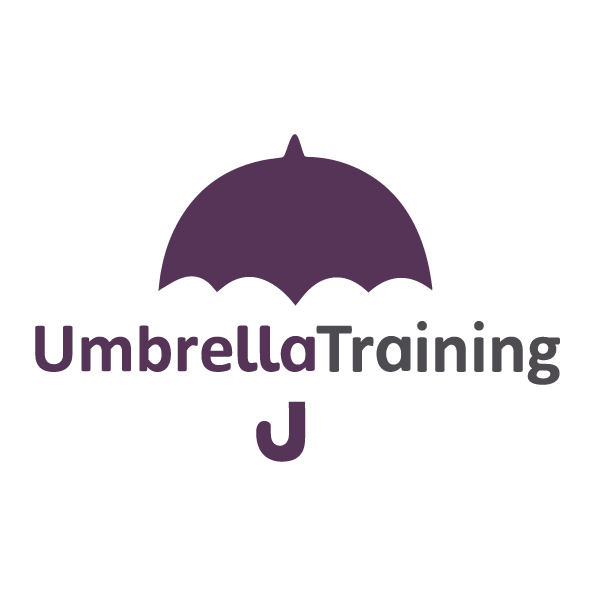How to find an apprenticeship
One of the biggest decisions to make when leaving school is deciding what you want to do next.
It's a difficult decision to make - do you stay in education or do you take a step into the working world? What if we said you could combine the two by joining an apprenticeship.
Apprenticeships offer people aged 16 and above the opportunity to gain a professional career through on the job development. If you're a motivated individual, an apprenticeship is a great way to break into the career of your choice!
Below we will give you some hints and tips about finding an apprenticeship and also the benefits of joining an apprenticeship straight from school.
How:
Identify Interests - Identifying your interests is key when figuring out what you want to do as a career. If you love cooking, then a culinary apprenticeship would be a perfect choice for you, or if you enjoy organisation and planning, a business-focused apprenticeship may be the right fit for you.
Google it! - Everything you need to know about finding an apprenticeship is online. Utilising search engines is a key skill you will need to find the right apprenticeship for you. Try to be as specific as possible in your searches, for example mentioning the industry and location you would like to work in. This will narrow down your searches and make the results more relevant to what you are looking for.
Specialised sites - There are specific websites you can use to research apprenticeships in your local area. The Gov.uk website is great to use when searching for an apprenticeship, their quick and easy search tabs help you find relevant apprenticeships in your area. There are also industry-related sites that advertise apprenticeships, for example, the hospitality-focused site caterer.com advertise apprenticeships for the hospitality sector.
Benefits:
Money - One of the biggest perks about doing an apprenticeship, is that you earn while you learn. Unlike going to university, where you will have tuition fees, apprenticeships are funded by the government and your employer, so you will be developing in your career whilst earning a salary.
Grades - Even if you didn't achieve a passing grade in English or Maths for your GCSE's, apprenticeship providers will give you will an opportunity to complete Functional Skills as part of your apprenticeship. Functional Skills are equivalent to GCSEs. You will also gain your industry recognised certificate at the end of your apprenticeship.
Transferable Skills - The skills gained during an apprenticeship can be used in different industries. A customer service apprenticeship can be a very valuable qualification to have in hospitality, banking and many other industries.
Quick Progression - If you choose to go down the college and university route, you will be looking at 5 years of studying and then finding an entry-level job. Apprenticeships offer you the chance to work in a professional environment from the very beginning, gain new skills and network with other industry professionals, fast-tracking your progress opportunity.




